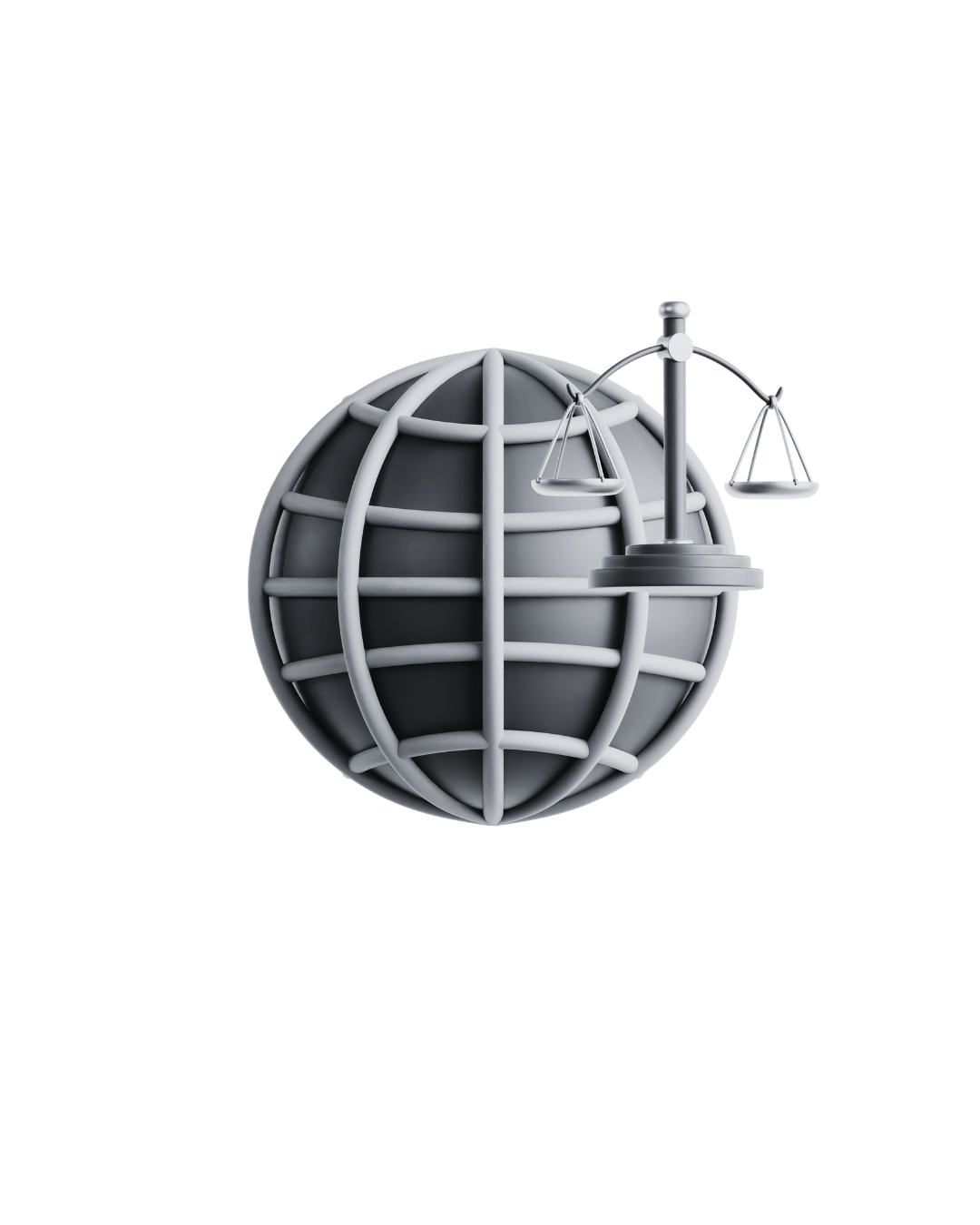Description
Curriculum for LLM in International Law
An LLM (Master of Laws) in International Law provides advanced education focusing on the legal aspects of international relations, treaties, international organizations, and human rights. While institutions may vary in their offerings, the following core subjects are typically included in the curriculum:
Introduction to International Law
Overview of fundamental principles of international law, including sources, subjects, and the distinction between public and private international law.
Examination of the role of international law in governing relations between states and other entities.
International Human Rights Law
In-depth study of human rights treaties and conventions, such as the Universal Declaration of Human Rights and the International Covenant on Civil and Political Rights.
Analysis of enforcement mechanisms and the role of international and regional human rights bodies.
International Trade Law
Examination of the legal framework governing international trade, including the World Trade Organization (WTO) agreements and trade dispute resolution.
Discussion of trade-related issues, such as tariffs, subsidies, and trade negotiation processes.
International Investment Law
Overview of the legal principles regulating foreign direct investment, including treaties and bilateral investment agreements.
Analysis of dispute resolution mechanisms, such as investor-state arbitration.
International Environmental Law
Study of treaties and agreements addressing global environmental issues, such as climate change, biodiversity, and pollution.
Examination of the legal obligations of states and international organizations in addressing environmental challenges.
Law of Armed Conflict and International Humanitarian Law
Exploration of the legal rules governing armed conflict, including the Geneva Conventions and rules governing the conduct of war.
Discussion of the protection of civilians and combatants during armed conflict.
International Criminal Law
Examination of the legal framework governing crimes such as genocide, war crimes, and crimes against humanity.
Analysis of the role of the International Criminal Court (ICC) and other tribunals in prosecuting international crimes.
International Law and Foreign Relations
Understanding the relationship between international law and diplomacy, including the role of treaties and customary international law in shaping state behavior.
Discussion of the impact of international law on national sovereignty and domestic law.
Global Governance and International Organizations
Study of the role of international organizations, such as the United Nations, in the development and enforcement of international law.
Examination of the challenges related to global governance, including issues of legitimacy and effectiveness.
Dispute Resolution in International Law
Overview of mechanisms for resolving international disputes, including negotiation, mediation, arbitration, and adjudication.
Analysis of landmark cases decided by international tribunals.
Research Methodologies in International Law
Development of advanced research skills specifically targeted at international law, preparing students for independent research projects or a thesis.
Capstone Project or Thesis
Opportunity for students to engage in significant research on a specific topic within international law, contributing original insights to the field.
Career Opportunities After Completing an LLM in International Law
Graduates with an LLM in International Law can pursue diverse and rewarding career paths, including:
International Lawyer
Practicing law with a focus on international legal issues, representing clients in matters involving international treaties, trade, or human rights.
Legal Advisor to Governments
Advising national governments on international legal obligations, treaties, and foreign relations law.
Diplomat or Foreign Service Officer
Working for government agencies in roles related to international relations, negotiating treaties, and advocating for national interests abroad.
International Organization Employee
Working for organizations like the United Nations, World Trade Organization, or non-governmental organizations (NGOs) on international law-related issues.
Human Rights Advocate
Engaging in advocacy work for human rights, either through NGOs or governmental organizations, focusing on compliance with international human rights standards.
International Trade Specialist
Analyzing and advising on international trade laws, regulations, and policies, and representing businesses in trade disputes.
International Criminal Prosecutor or Defense Attorney
Working with international criminal tribunals or courts, either prosecuting or defending individuals accused of international crimes.
Academic Researcher or Lecturer
Teaching international law at universities and conducting research on international legal issues, contributing to scholarly literature.
Compliance Officer
Ensuring organizations comply with international laws, regulations, and standards, particularly in sectors like finance, trade, and human rights.
Policy Analyst or Lobbyist
Working with governmental or non-governmental organizations to influence international law and policy, focusing on areas such as environmental issues, trade, or human rights.
Peacekeeper or Humanitarian Worker
Engaging in international humanitarian missions, providing legal expertise on international humanitarian law in conflict zones.
Consultant for International Development Projects
Assisting organizations in developing countries to implement their obligations under international law, often related to human rights, governance, or development.
Conclusion
An LLM in International Law provides graduates with a comprehensive understanding of the legal frameworks that govern international relations, human rights, trade, and conflict resolution. The degree equips students for various fulfilling careers across legal practice, policy-making, international organizations, and academia. If you have specific questions about particular programs, application processes, or career advice within this field, please feel free to ask!








